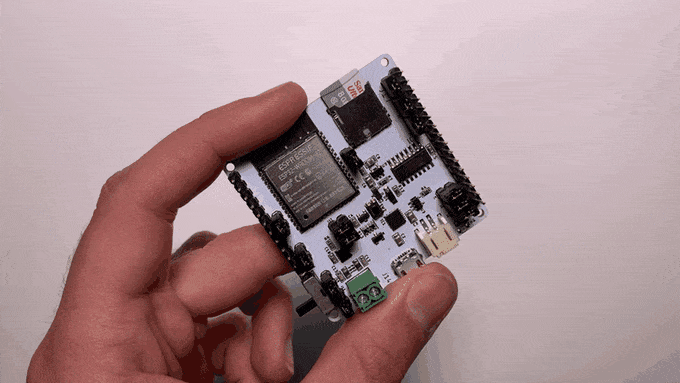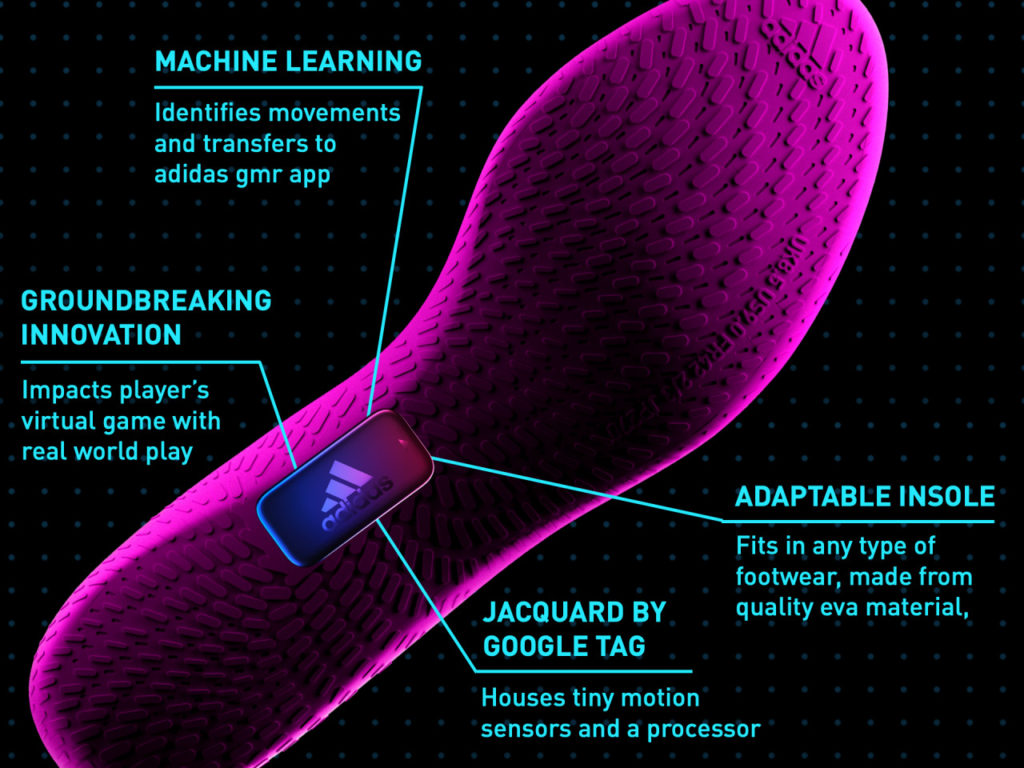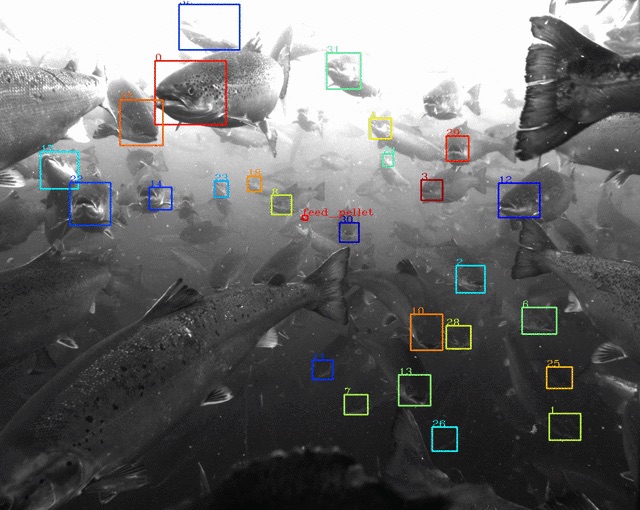This week on the show, Kevin and I start with a potential privacy bill in the Senate related to COVID-19 track and trace and then discuss the challenges legislation and Bluetooth track-trace efforts will face. We then talk about a possible acquisition by Microsoft of an industrial IoT security company. Kevin shared his hope for a smart home with common sense based on advances in AI research before we dig into new IoT malware called Kaiji. In news, Nordic Semiconductor is touting new smart gear for hospitals, Nest is requiring all users to use multi-factor authentication, Ring has a new $99 doorbell, and Automatic joins other companies in shutting down because of the pandemic. This week on the IoT Podcast hotline, we answer a question about Z-Wave repeaters and buggy mesh networks.

Our guest this week is Christine Sunu, who got a lot of attention a week or two ago with the creation of a sourdough fitness tracker called Sourd.io. She joined us to walk us through the creation of a sensor to detect if your mail has arrived (specifically if your mailbox has been opened). As an IoT developer community engagement manager with Twilio, and a former developer engagement manager with Particle, Sunu has been making connected devices for years, so she helps with the terms you might want to Google and how to get over common barriers standing in the way of a final project. It was so much fun to talk to her, and she has written a blog post to go with the interview in case you need more than the auditory guidance.
Hosts: Stacey Higginbotham and Kevin Tofel
Guest: Christine Sunu
Sponsors: Very and Liveworx
- The latest on COVID-19 track and trace news
- Is Microsoft getting more serious about industrial IoT?
- Ring’s got a new doorbell
- How to build a connected mailbox sensor
- Two common barriers to finishing your projects
Podcast: Play in new window | Download | Embed
Subscribe: RSS



